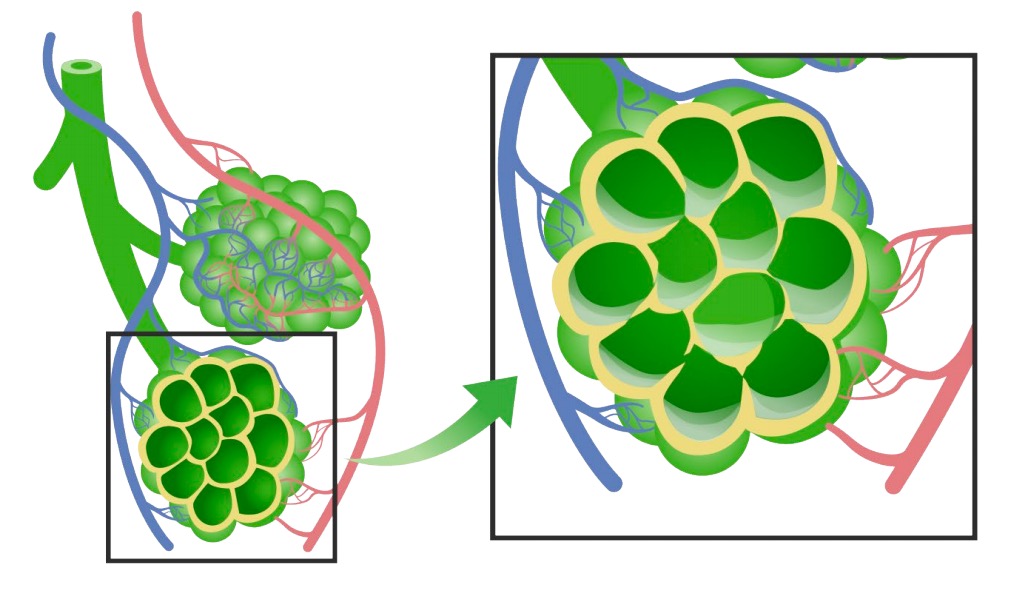Playlist
Show Playlist
Hide Playlist
HACE – Effect of Barometric Pressure on the Pulmonary System
-
Slides 06 PulmonaryBarometricPressure RespiratorySystem.pdf
-
Download Lecture Overview
00:01 Now, a very serious form, this high altitude cerebral edema. 00:07 This can occur with things like confusion, ataxia, mood changes, hallucinations and even coma. 00:12 So you can imagine if you were a mountain climber, and if you were ataxic and hallucinating, your chances of making an error are much higher. 00:20 So high altitude cerebral edema can not only be life-threatening from an injury point of view, but also from the cerebral edema. 00:32 What are the causes of pathophysiology of high altitude cerebral edema? Well, it seems that the cerebral edema occurs because of an increase in blood flow. 00:40 As well as an increase in permeability of the blood-brain barrier. 00:44 What happens here is some of the substances move out of the blood vessels into the cerebral tissue and then swell that tissue. 00:55 And this example of this photograph is an autopsy where it can show this cerebral edema in some who had high altitude cerebral edema. 01:04 Normally, where you see these lines in this brain tissue, these should be deep sulci which means that they should be little valleys. 01:11 Here, they are flattened out. 01:17 Now how do you prevent and treat high altitude cerebral edema? Well, of course, prevention is always the best way and similar to acute mountain sickness, part of this involves gradual ascending to that new environment. 01:29 There is some pharmacology that sometimes can help. 01:32 Corticosteroids, which decrease inflammation, could be a benefit to decrease swelling. 01:40 But really, the most important thing is that any of these symptoms of high altitude cerebral edema are viewed, you need to get the person off of the mountain and so you need to descend them to a lower barometric pressure. 01:53 If that’s not possible, they’ve even come up with some specialized, what looks like a large sleeping bag in which you can pump up the pressure in the sleeping bag to create an artificial pressure environment. 02:04 And that type of environment can sometimes be enough to decrease the amount of high altitude cerebral edema.
About the Lecture
The lecture HACE – Effect of Barometric Pressure on the Pulmonary System by Thad Wilson, PhD is from the course Respiratory Physiology.
Included Quiz Questions
A mountain climber comes to you with the complaint that while he was climbing a mountain he started having hallucinations and felt dizzy. Which of the following would best explain the pathophysiology of his symptoms?
- Increased permeability of blood-brain barrier
- Hypoventilation
- Decreased carbon dioxide in the blood
- Increased number of red blood cells
- Tachycardia
Which of the following is the best medication for the management of high-altitude cerebral edema, if immediate descent is not possible?
- Dexamethasone
- Hypotonic saline solution
- Hypertonic saline solution
- Mannitol
- Isotonic saline solution
Customer reviews
5,0 of 5 stars
| 5 Stars |
|
5 |
| 4 Stars |
|
0 |
| 3 Stars |
|
0 |
| 2 Stars |
|
0 |
| 1 Star |
|
0 |




